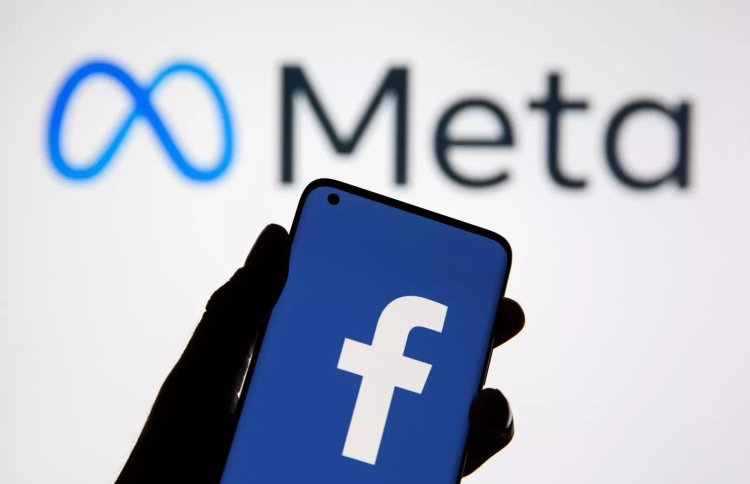Why Facebook Will Allow KRA To Look Into Your Business
The move will also allow KRA new tools to zero in on businesses using the social media platform to make money.

Popular social media platform Facebook, under parent company Meta, will from January share information on online businesses run by Kenyans through the platform, with the Kenya Revenue Authority (KRA) and the Kenya Police.
In its updated terms to be effective from January 3, 2023, Facebook noted that entrepreneurs using the platform to advertise or sell their products will automatically offer their consent for sharing of dealings of the business persons to a governmental entity or body.
This is in case it believes that disclosure would assist in a lawful investigation. The move will also allow KRA new tools to zero in on businesses using the social media platform to make money.

The dealings include the advertising contents and all information associated with the publicity placed on its platform.
Meta also warned that failure to pay the advertising account’s dues on time may lead to consequences.
“You will pay all expenses associated with such collection, including reasonable legal fees. Past due amounts will accrue interest at 1.0 per cent per month or the lawful maximum, whichever is less,” the company said.
The tech giant under CEO Mark Zuckerberg acknowledged that it can use information about one’s interactions with ads and other commercial content, including monitoring one’s creditworthiness and grouping clients into invoiced or non-invoiced categories.
“Meta may classify clients as invoiced clients based on factors such as ad spend and credit worthiness. You understand that, from time to time, we run tests on our Self-serve Ad Interfaces and related systems, which may affect your use and experience thereof, including campaign performance,” the terms of service read in part.
“If you are making direct debit payments, you agree that we can charge you any amount that falls within the range that you agreed to upon sign-up. We will notify you in advance if any charge will exceed the agreed-upon range.”
In Kenya, there are over 12 million Facebook users, about two million Instagram users and 22.2 million daily WhatsApp users in 2022, according to analytics firm Statista.
The move by Meta is a boost by KRA which has been increasing its surveillance on Kenyans displaying lavish lifestyles on social media, now termed the 'soft life', but paying little or no taxes.
It has been flagging wealthy individuals that have been hiding their sources of income while engaging in luxury spending and accumulation of property, including the purchase of homes and big cars.
The taxman has however been struggling to get online businesses to pay the digital service tax (DST), which is equivalent to 1.5 per cent of the gross transaction value. This is while it has been recently placed under pressure to collect Ksh3 trillion by December this year, a target set by the Kenya Kwanza government.
This would beat its own record of Ksh2.031 trillion collected for the 2021/2022 Financial Year concluded on Thursday, June 30, compared to Ksh1.669 trillion collected last year, the highest since it was founded.
KRA is aiming to collect Ksh13.9 billion from the digital tax over the next three years from firms using the Internet to market and sell products in the country.

KRA Commissioner General Githii Mburu. /THE STAR






